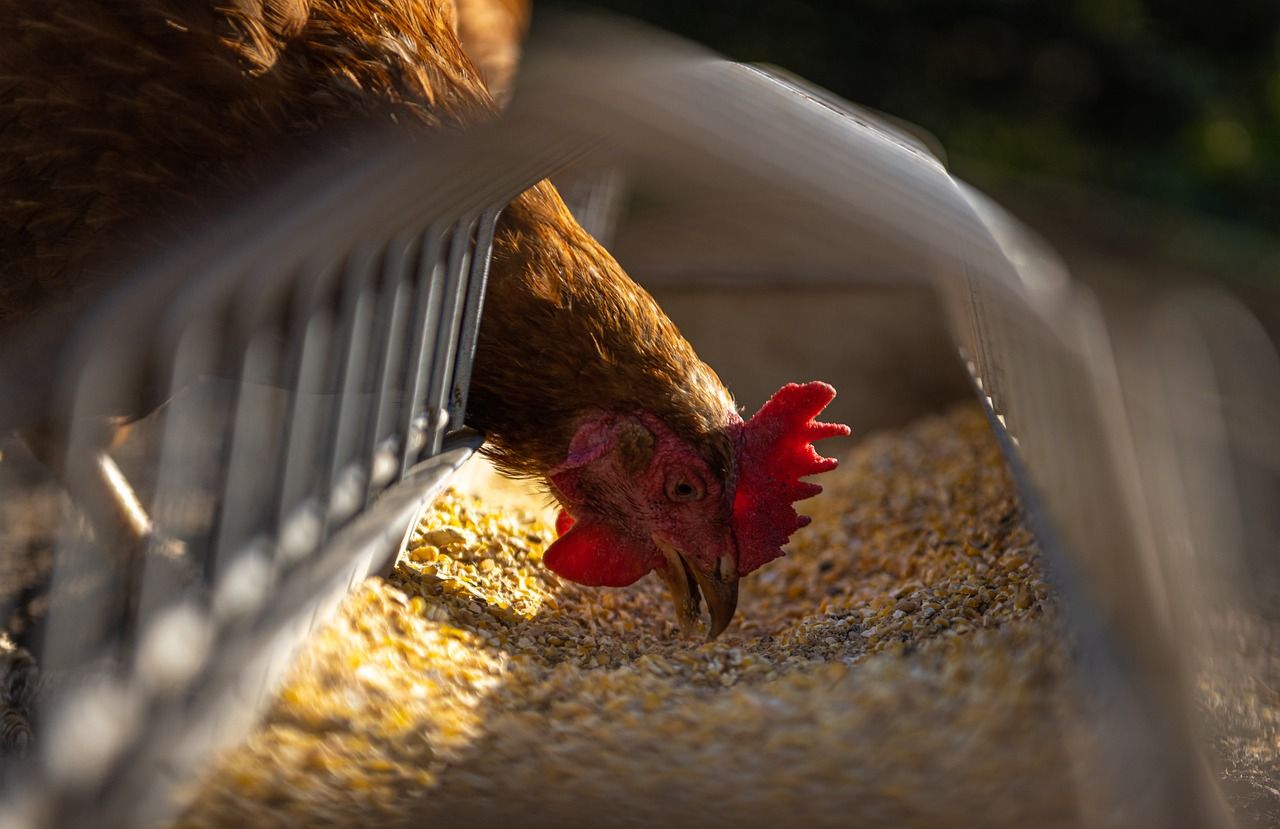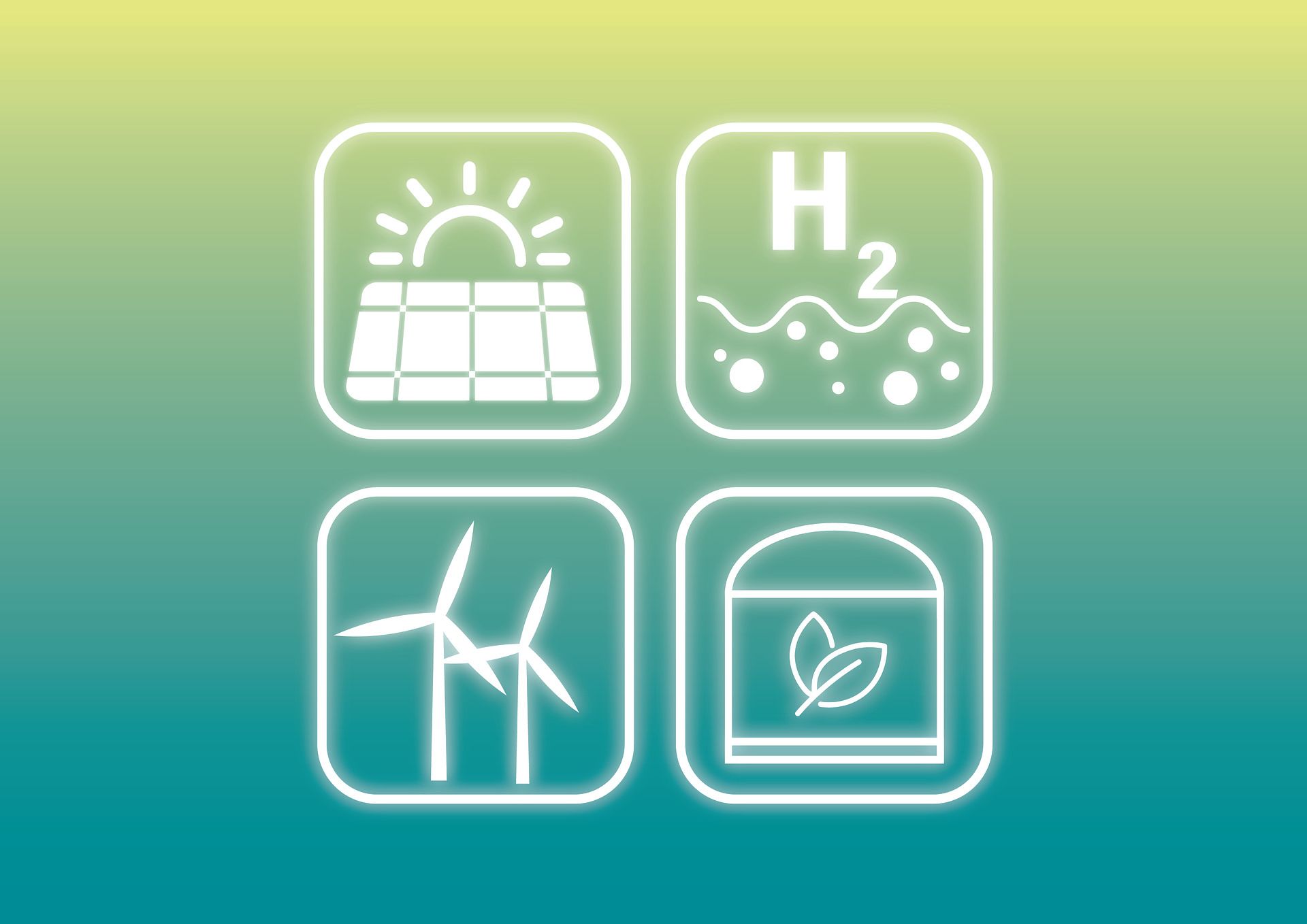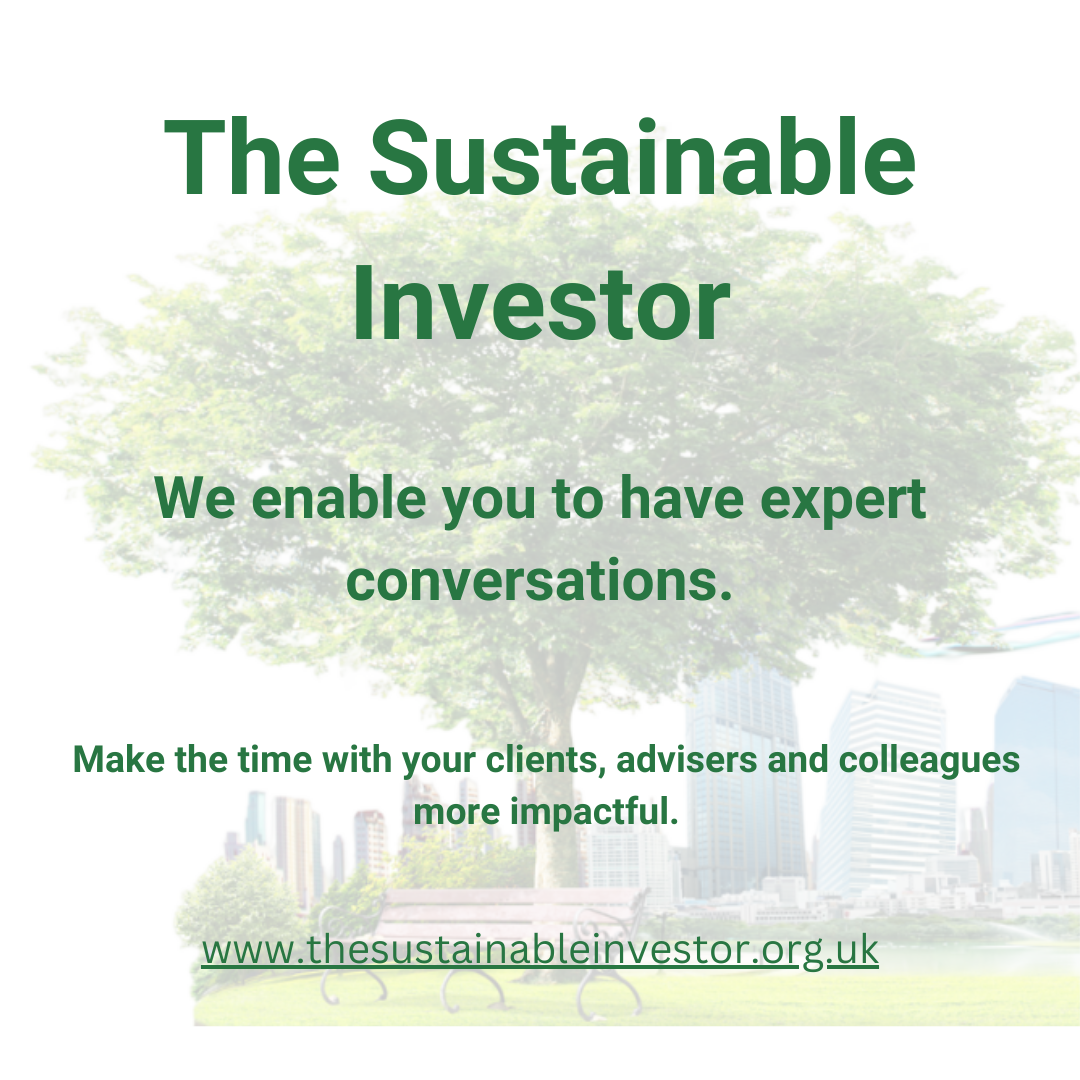
Bridging the gap 31.23
In case you missed it ...
Not a subscriber yet? Click here
('Bridging the gap' is free)
Here is a selection of recently published Deep Dives, Perspectives and Quick Insights that our subscribers get to read in full.
- Coping better with extreme events (Transitions / Human Rights)
- Feed animals differently = feed an extra billion+ (Agriculture / Natural Capital)
Plus a few from the archives:
- Biological ageing - this is the way (Built Environment / Wellness)
- Level playing field for blue and green hydrogen (Greener Energy Applications)
- The ESG debate is becoming too simplistic (Tranistions / Human Rights)
What subscribers are reading this week
Coping better with extreme events
(Transitions / Human Rights, Premium and Professional)
At a time when our press coverage is dominated by wildfires (and it will be flood and hurricane season soon) it's worth remembering that sustainability is not just about mitigation or actions that reduce future risks. In some cases the challenge is much more immediate. We also need to invest in adaption, helping us to cope with events that are happening now.
Some adaption requires material capital investment: managing forests to reduce fire risk, building flood and tidal protection infrastructure, constructing dams to provide water, and dredging our waterways. Adaption is also about being prepared, having systems and structures in place that help when disasters happen.
As extreme events become more commonplace, we need to get better at helping people cope during the disaster, and getting their lives back on track afterwards. This means improving our disaster response. Where can people go if their house or hotel is at risk of storms, flooding or fire? Is the base for the emergency services secure and accessible? Where can people obtain useful information and basics such as electricity for their phones?
After the disaster, do we have a hub that the communities can use to support the recovery - everything from offices for support services and insurance claims teams, through to somewhere that food, electricity and water can be stored and distributed?
One important element of this improved response are what are known as resilience hubs. We need to stop thinking about them as wasted money if we don't use them and start thinking instead that these are facilities we will be really pleased we have when disaster strikes.
Link to blog 👇🏾

Feed animals differently = feed an extra billion+
(Agriculture / Natural Capital, Professional)
In the UK the amount of wheat harvested that is used to feed animals is the equivalent of 10.7 billion loaves of bread.
A 2013 study from researchers at the University of Minnesota calculated that "growing food exclusively for direct human consumption could, in principle, increase available food calories by as much as 70%, which could feed an additional 4 billion people."
However, even with existing livestock farming and aquaculture output, changing the way in which animals are fed can have a big impact.
In this Perspective we discuss research from Aalto University in Finland who propose replacing livestock and aquaculture feed that could be used for human consumption with food system by-products and residues. The changes proposed could redirect 10% to 26% of total cereal production and approximately 11% of current seafood supply to human use. This would represent as much as 15% of current food supply protein content and up to 13% of caloric content. That could free up enough food to feed an additional one billion people. Execution will require technological innovation and coordination with the right incentives for farmers and other stakeholders.
Many larger investible companies rely on our agricultural supply chains (think food producers and supermarkets for instance), so it’s a big long-term issue all investors should be considering. Recent food supply disruption and price inflation will bring it more to the fore.
Link to blog 👇🏾

From the archives
Biological ageing - this is the way
(Built Environment / Wellness, Premium and Professional)
Our understanding of the mechanisms of how we age is steadily improving. We give a quick introduction to four such mechanisms: Transcription/translation errors ('copying too quickly'), telomere shortening ('when the cap no longer fits'), oxidative stress ('I'm gonna steal your electrons'), mitochondrial dysfunction ('running out of energy') and the consequence of those mechanisms - senescence ('building up trash').
The whole approach to health and well-being could move from one focused on treatment to prevention; from allopathic (focus on specific ailments) to holistic. If we do start living longer, and in better health, there will be knock-on effects to society, family, education and productivity.
Link to blog 👇🏾

Level playing field for blue and green hydrogen
(Greener Energy Applications, Professional)
The Hydrogen Science Coalition (HSC) has proposed a definition for 'clean' hydrogen as a standard that will help to meet the 1.5oC Paris Agreement target and will last the test of time. In other words, the form of 'clean hydrogen' production will not become obsolete in a few years, because it is too dirty. A secondary aim is to apply the same standard to green hydrogen as blue hydrogen so that there is a level playing field and all hydrogen will be equally clean. Hydrogen is a big decarbonisation problem in itself as most is produced from fossil fuels today.
Hydrogen demand was ~ 94 Mt with more than half of that used in producing ammonia (of which ~80% is used to make fertiliser). Almost all of the remaining hydrogen demand comes from refining.
Link to blog 👇🏾

The ESG debate is becoming too simplistic
(Transitions / Human Rights, Professional)
The sustainability and ESG finance debate has been oversimplified to the point where many have inadvertently over promised (and under delivered). Investors have somehow been given the impression that by investing in positive ESG companies they can have it all - good financial returns, alignment with their values, and at the same time saving the world. All at no cost. That has also given ammunition to those who want to slow the process. Knowing the ‘what’ and ‘why’ of the requirement for investment helps one avoid green washing and green wishing (hoping that an easy and cheap solution makes the problem go away). Put simply, it allows us to better allocate our capital to projects that make a real difference.
Link to blog 👇🏾

Please forward
to a friend, colleague or client
If this was forwarded to you, click the button below and sign up for free to get 'Bridging the gap', 'What caught our eye' and the 'Sunday Brunch' in your inbox every week.

Please read: important legal stuff.
